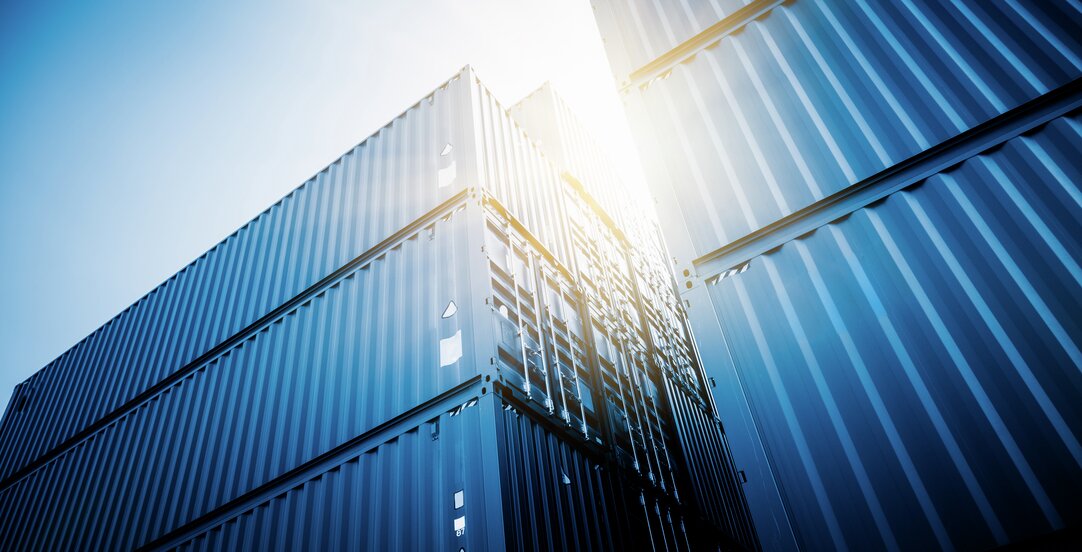US warns of potential sanctions relating to INSTEX and of sanctions on Iranian oil

US warns of potential secondary sanctions on INSTEX.
Reading time 3 minutes
On 31 January 2019, France, Germany and the UK announced the creation of INSTEX – Instrument for Supporting Trade Exchanges – as a way for European business to get around the secondary effects of the sanctions that the Trump administration re-imposed on Iran after withdrawing from the Joint Comprehensive Plan of Action (JCPOA) last year. INSTEX is a special purpose vehicle – in practice an international non-dollar payment channel – aimed at facilitating legitimate trade between Europe and Iran. The focus is to facilitate international trade in agri-food, pharmaceuticals and medical devices with Iran. INSTEX is not yet operative.
During the last few days, various media sources have reported that on 7 May 2019, the Trump administration issued a warning that the US may impose secondary sanctions on anyone associated with INSTEX, should INSTEX become operative. Allegedly, the US Treasury Department’s Undersecretary for Terrorism and Financial Intelligence, Sigal Mandelker, sent a letter to INSTEX President, Per Fischer, stating that engagement in activities that contravene US sanctions can result in severe consequences, including a loss of access to the US financial system, and urging Fischer to carefully consider the potential sanctions exposure of INSTEX. See, for example, this article from Bloomberg.
On 8 May 2019, US Secretary of State Mike Pompeo allegedly stated that there is no need for INSTEX as the US does not sanction provision of permitted products such as humanitarian goods to Iran. However, when “transactions move beyond that, it doesn’t matter what vehicle’s out there," Mr. Pompeo said, underlining that "if the transaction is sanctionable, we will, … if appropriate, levy sanctions against those that were involved in that transaction. It's very straightforward.”
The EU seems to stand by the INSTEX creators. In official remarks on 13 May 2019, the EU High Representative, Federica Mogherini, underlined that the EU had met with the foreign ministers of France, Germany and the UK to discuss "the ways in which we can further advance, for instance, on the operationalisation of INSTEX, to hopefully have the first transactions in the next few weeks."
US warns of sanctions on countries that buy Iranian oil
On 30 May 2019, the US Special Representative for Iran, Brian Hook, warned that the US will sanction any country that buys oil from Iran in the future.
The warning includes oil purchase conducted by the eight countries that have previously been granted US sanctions waivers (SREs) to buy said oil, even if the country - e.g. Greece, Italy or China - had not met its previously negotiated purchase caps during the SRE waiver period. The SRE waivers expired on 2 May 2019 (see previous Sanctions Alert) and Mr. Hook underlined that the decision not to renew them is final.
Find Mr. Hook's press briefing here and his subsequent clarifying statements to Bloomberg News, made later the same day.
*****
WR Sanctions Alerts provide you with updates on material developments in the country-specific sanctions programs implemented by the US, the UN, the UK, the EU and Norway. We will not provide updates on mere prolongations, without material changes, of existing sanctions programs, nor on any listings or de-listings of individuals/entities placed on implemented sanctions lists . Please note that the WR Sanctions Alerts are provided as general information and do not constitute legal advice.
